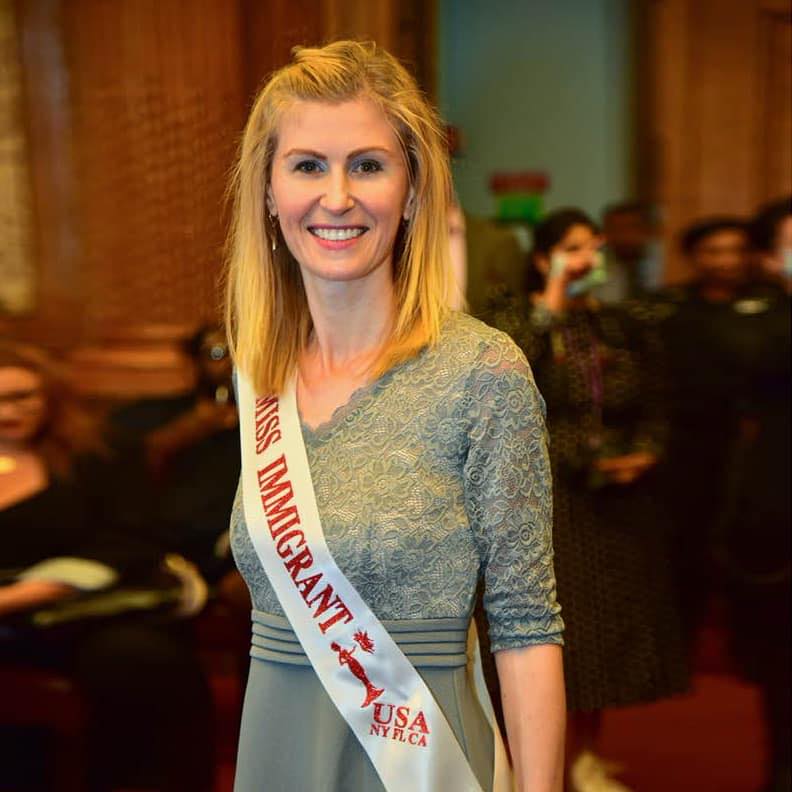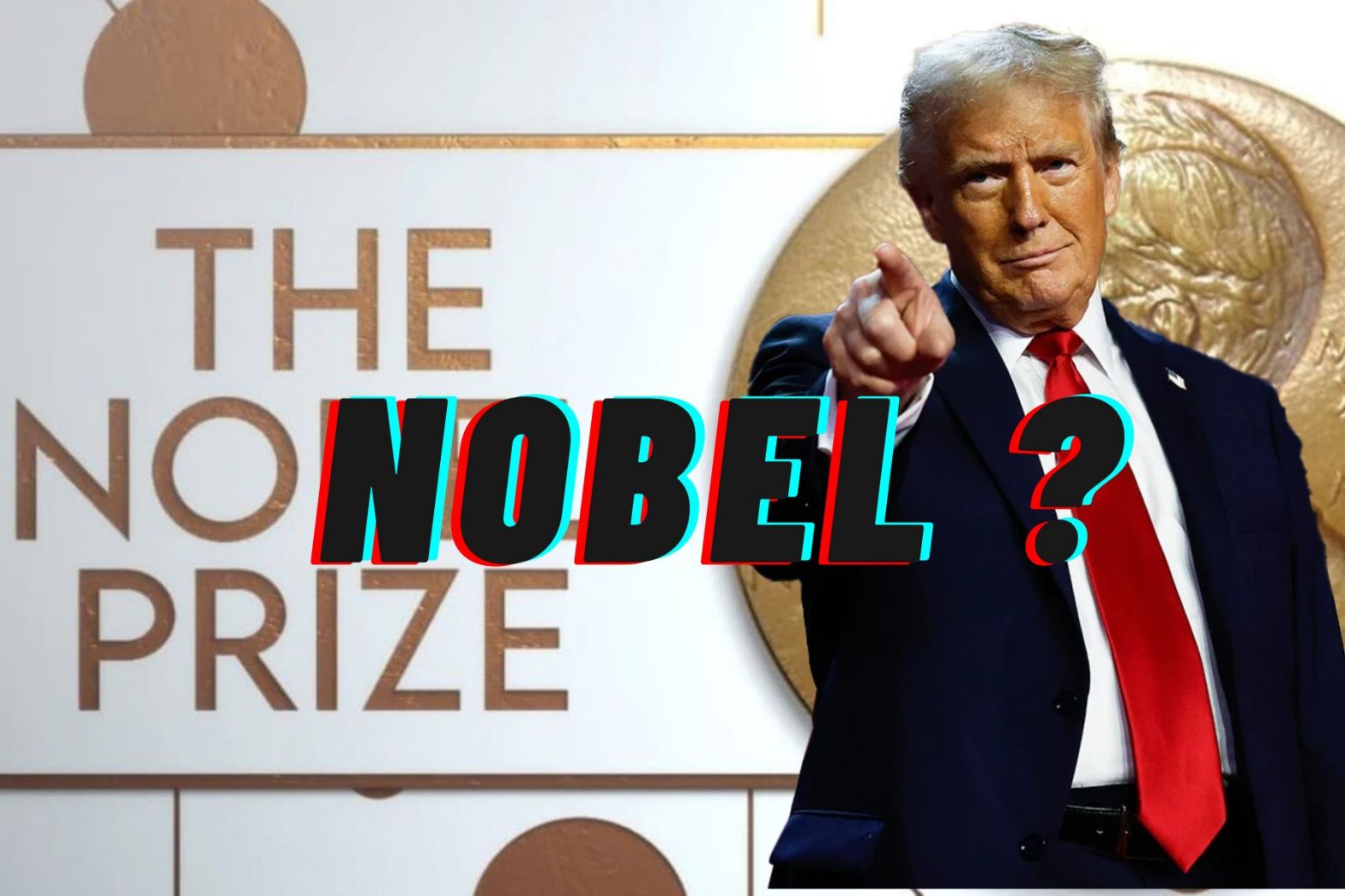Is Donald Trump Eligible for the Nobel Peace Prize?
The Nobel Peace Prize is one of the most prestigious international awards, recognizing individuals and organizations that have made significant contributions to peace, diplomacy, and conflict resolution. Former U.S. President Donald Trump has been nominated multiple times for this honor, raising questions about his eligibility and the criteria the Nobel Committee uses to determine recipients. This article explores the history of the Nobel Peace Prize, past winners, the nomination and selection process, and whether Trump’s diplomatic achievements align with the prize’s mission.
A Brief History of the Nobel Peace Prize
The Nobel Peace Prize was established by the will of Swedish inventor and industrialist Alfred Nobel, who left his fortune to fund prizes in five categories: Physics, Chemistry, Medicine, Literature, and Peace. The Peace Prize, in particular, was intended for “the person who shall have done the most or the best work for fraternity between nations, the abolition or reduction of standing armies, and the holding and promotion of peace congresses.”
Since its first awarding in 1901, the Nobel Peace Prize has recognized a wide range of efforts, including diplomatic negotiations, humanitarian work, and disarmament campaigns. Unlike the other Nobel Prizes, which are awarded in Sweden, the Peace Prize is administered by the Norwegian Nobel Committee, appointed by the Norwegian Parliament.
Over the years, the prize has been awarded to prominent leaders, activists, and organizations, reflecting diverse approaches to peace. Some of the most notable recipients include:
- Theodore Roosevelt (1906): The first U.S. president to win the prize for mediating the end of the Russo-Japanese War.
- Martin Luther King Jr. (1964): Honored for his leadership in the American civil rights movement.
- Mikhail Gorbachev (1990): Recognized for his role in ending the Cold War and reducing nuclear tensions.
- Nelson Mandela & Frederik Willem de Klerk (1993): Jointly awarded for their efforts in ending apartheid in South Africa.
- Barack Obama (2009): Awarded early in his presidency for promoting diplomacy and international cooperation.
- Malala Yousafzai (2014): The youngest recipient, honored for advocating girls’ education in Pakistan.
The selection of Nobel Peace Prize winners has sometimes sparked controversy, as the prize is not always awarded based on past achievements but can also serve as encouragement for ongoing peace efforts.
How the Nobel Peace Prize Works: Nomination and Selection Process
The Nobel Peace Prize follows a rigorous selection process that begins almost a year before the award is announced. The steps include:
Nominations (February 1 Deadline)
- Nominations can be submitted by a select group of people, including national politicians, university professors, previous laureates, and members of international courts and organizations.
- Unlike other major awards, self-nominations are not allowed, and nominees do not have to agree to be considered.
Screening and Research (February – September)
- The Norwegian Nobel Committee reviews nominations and compiles a shortlist of candidates.
- Each nominee undergoes an extensive review, including expert analysis of their contributions to peace.
Committee Deliberation and Decision (September – October)
- The committee, composed of five members appointed by the Norwegian Parliament, holds secret deliberations before selecting the winner.
- The decision is based on whether the nominee’s actions align with the criteria set forth by Alfred Nobel.
Award Announcement and Ceremony (October – December)
- The winner is announced in early October.
- The Nobel Peace Prize is awarded on December 10 in Oslo, Norway, commemorating Alfred Nobel’s death.
While being nominated is an honor, it does not necessarily indicate strong consideration by the committee. Thousands of nominations are submitted each year, and only a select few are seriously evaluated.
Donald Trump’s Nominations for the Nobel Peace Prize
Donald Trump has been nominated multiple times for the Nobel Peace Prize, with various individuals citing his diplomatic efforts. Below are some of the most notable nominations:
2025 Nomination
- Ukrainian Member of Parliament Oleksandr Merezhko nominated Trump for his efforts to stop Russia’s war against Ukraine. The nomination emphasized Trump’s potential role in finding a peaceful resolution while upholding international law.
2024 Nomination
- Congresswoman Claudia Tenney nominated Trump for his involvement in the Abraham Accords, which normalized relations between Israel and several Arab nations, including Bahrain, Morocco, Sudan, and the United Arab Emirates.
Earlier Nominations
- In 2018, Norwegian politician Christian Tybring-Gjedde nominated Trump for his role in facilitating dialogue between North and South Korea.
- In 2020, Tybring-Gjedde again nominated Trump for his leadership in negotiating the Abraham Accords.
Despite these nominations, the Nobel Committee has not awarded Trump the prize, sparking debates about whether his actions meet the Nobel Peace Prize’s standards.
Evaluating Trump’s Eligibility Based on Nobel Criteria
To determine whether Trump is eligible for the Nobel Peace Prize, we must examine his record against the three main Nobel Peace Prize criteria:
1. Fraternity Between Nations
- The Abraham Accords are Trump’s most notable achievement in international diplomacy. These agreements led to a significant breakthrough in Middle Eastern relations, normalizing ties between Israel and several Arab countries.
- Supporters argue that the Accords have improved economic cooperation, security alliances, and regional stability.
- However, critics note that while these agreements improved relations among certain nations, they did not resolve deeper regional conflicts such as the Israeli-Palestinian dispute.
2. Reduction or Abolition of Standing Armies
- Unlike some past laureates who engaged in nuclear disarmament or military de-escalation, Trump’s record on military matters is mixed.
- His administration increased U.S. military spending and withdrew from key arms control agreements, such as the Intermediate-Range Nuclear Forces (INF) Treaty with Russia.
- However, the Abraham Accords did reduce tensions that could have led to future military conflicts, aligning partially with this criterion.
3. Promotion of Peace Congresses
- Trump’s administration facilitated negotiations leading to the Abraham Accords, serving as a form of diplomatic congress.
- Additionally, his efforts to broker peace talks with North Korea represented attempts to engage in diplomacy, though they ultimately failed to achieve long-term denuclearization.
- While Trump engaged in negotiations, critics argue that his overall approach to international diplomacy—marked by confrontational rhetoric and trade wars—was inconsistent with the spirit of peaceful cooperation.
The Norwegian Nobel Committee’s Considerations
The Nobel Peace Prize is often awarded based on long-term impact rather than short-term diplomatic achievements. The committee considers the sustainability and effectiveness of peace efforts, which is why some leaders have been awarded years after their contributions took effect.
Key considerations in Trump’s case include:
- The lasting impact of the Abraham Accords: While significant, the long-term effects on Middle Eastern peace remain uncertain.
- His broader diplomatic record: While he initiated peace talks, his administration also escalated tensions in some areas, such as withdrawing from international agreements.
- Global perception and consensus: Nobel laureates often receive broad international support, whereas Trump remains a highly polarizing figure.
Ultimately, while Trump’s actions align with some Nobel Peace Prize criteria, the committee prioritizes candidates with a consistent and widely recognized contribution to global peace.
Conclusion: Is Trump Eligible for the Nobel Peace Prize?
Donald Trump’s nominations highlight his role in significant diplomatic efforts, particularly the Abraham Accords. However, eligibility for the Nobel Peace Prize goes beyond nominations—it requires sustained, impactful, and widely accepted contributions to peace. While Trump’s diplomatic initiatives improved relations among certain nations, questions remain about their long-term stability and his broader foreign policy approach.
The final decision rests with the Norwegian Nobel Committee, which will weigh the lasting effects of Trump’s peace efforts against other global initiatives. Whether he ultimately receives the award or not, his nominations underscore the complexities of defining and recognizing peace in the modern world.


